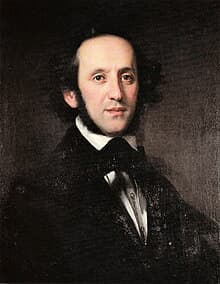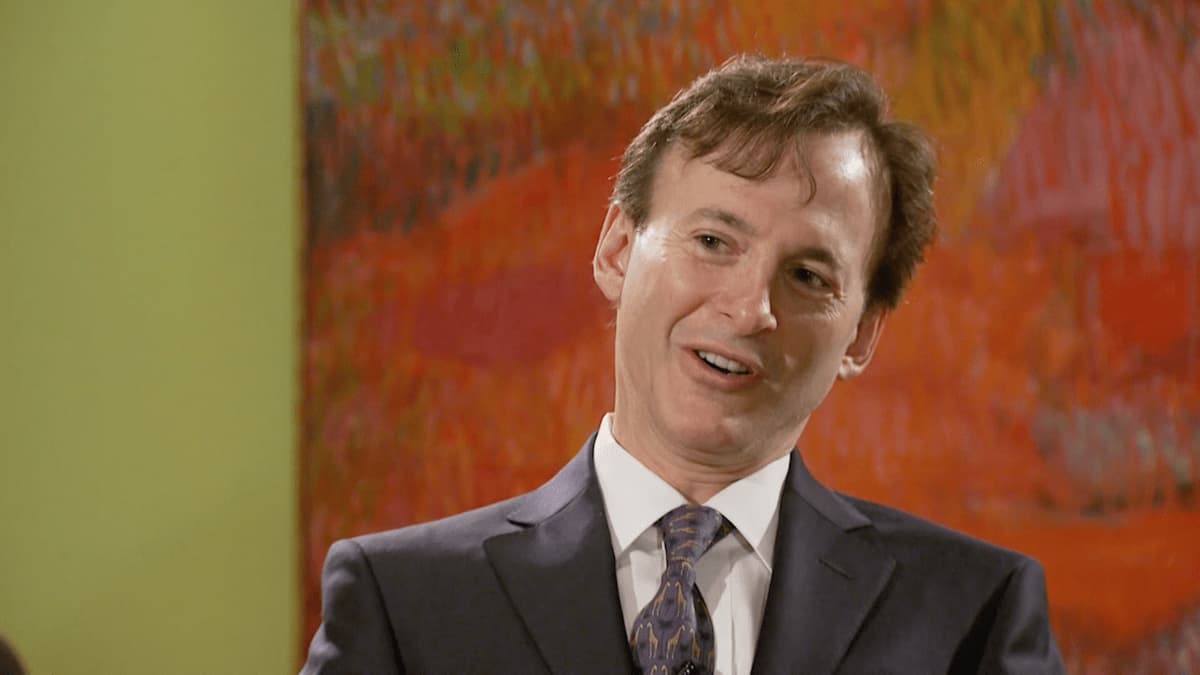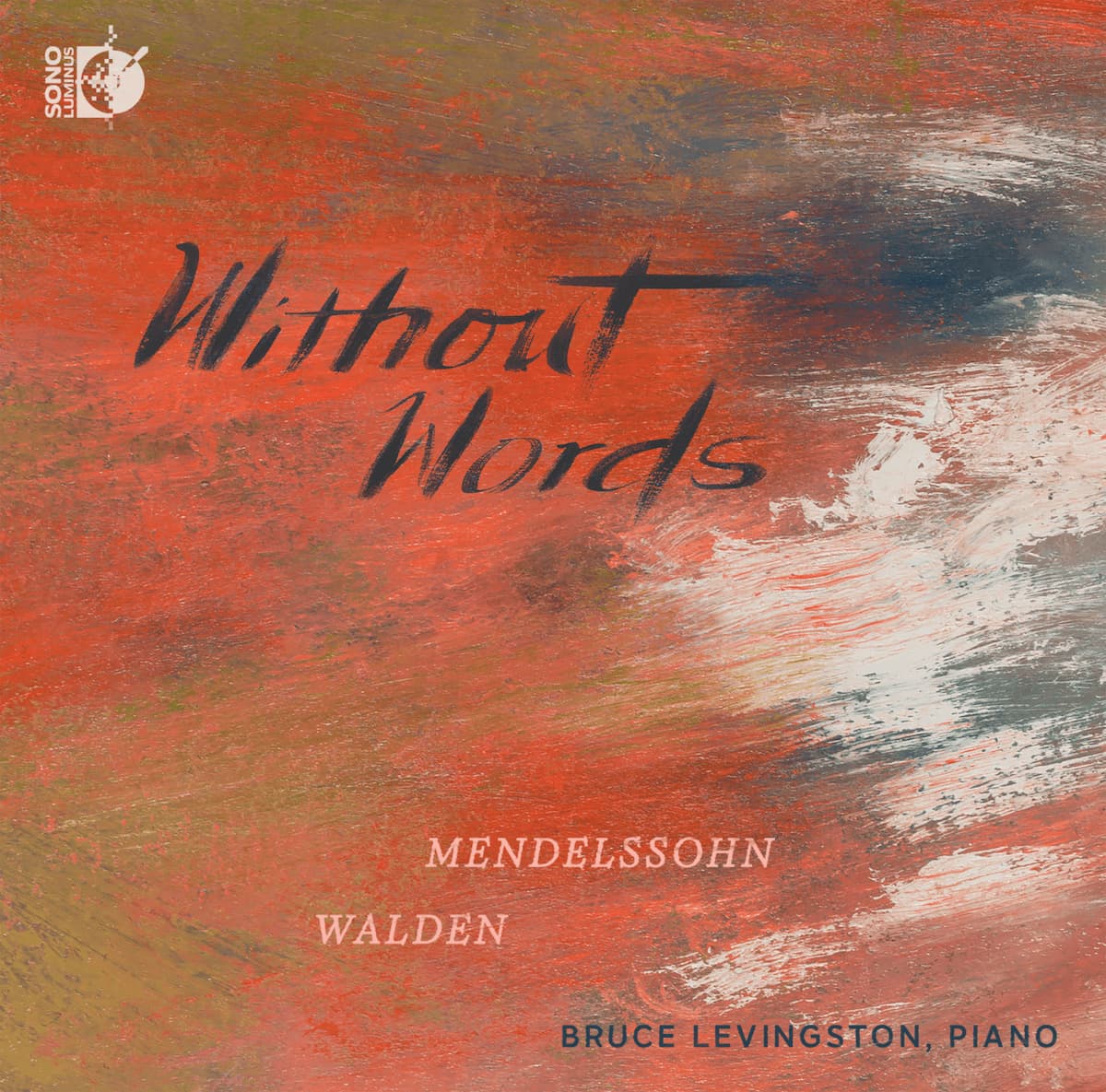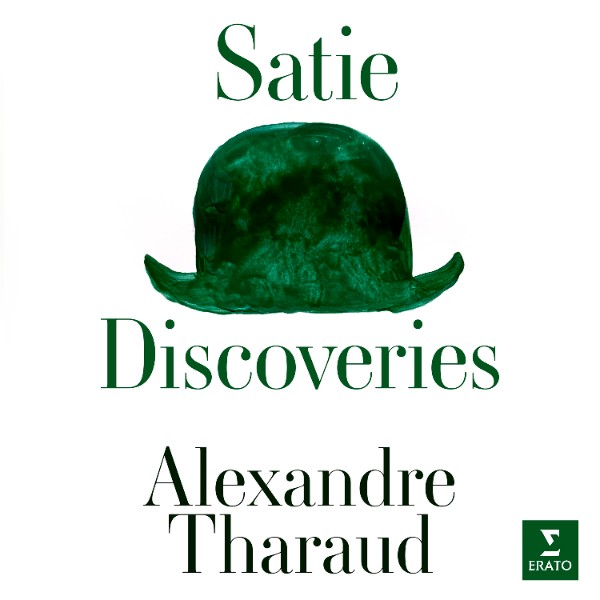Felix Mendelssohn’s eight volumes of Songs without Words were written between 1829 and 1845 and in those sixteen years, Mendelssohn not only created a new genre but became its boldest exponent. He was followed by his sister, Fanny Mendelssohn, and later by composers such as Charles-Valentin Alkan, Anton Rubinstein, Ignaz Moscheles, and Edvard Grieg.

Eduard Magnus: Felix Mendelssohn, 1846
(Berlin State Library)
The importance of the piano as a solo performing instrument in the 19th century meant that there was an enormous audience for small lyrical pieces. The concept of a song without words opened the possibility of creating a genre around works of imagination: if you don’t have the words of this beautiful song, what is the story? The story could vary with every listener, and Mendelssohn, carefully, gave very few of the nearly 50 works specific titles.
“There is so much talk about music, yet so little is said. I believe words do not suffice for such a purpose. People often complain that music is too ambiguous. With me, it is exactly the reverse… the thoughts which are expressed to me by music that I love are not too indefinite to be put into words, but on the contrary, too definite.” — FELIX MENDELSSOHN, from an 1842 letter discussing his Songs without Words.
A new recording by American pianist Bruce Levingston makes us rethink Mendelssohn’s creation. In very few cases, do we know what is behind one of his songs without words – we do know that the second song in the second book was written for his sister to celebrate the birth of her son in 1830. Levingston gives us 14 of Mendelssohn’s works, including both the first one from Book One, Op. 19, no. 1, and one from the last book, Book 8, Op. 102, no. 3.

Bruce Levingston
Felix Mendelssohn: Song without Words, Op.19, No.1 in E major
Felix Mendelssohn: Song without Words, Op. 102, No. 3 in C major
In the middle of the 14 chosen works are 7 new works, also Songs without Words, by the American composer Cecil Price Walden (b. 1991).

Price Walden
These were commissioned by Bruce Levingston on the behest of an old friend, Dr Kirk Payne, who, in the midst of an infinite number of COVID patients, wanted to create a memorial to those lost and those fighting the disease. Reaching across two hundred years of piano history, the two composers connect through this unique genre. Walden may have greater resources, including a wider tonal canvas upon which to sketch, but both composers are working in the realm of memory, happiness, and loss to create their unspoken songs.
Some pieces seem to be about the word of the decade: resilience, while others are improvisatory and magical all at once. Song without Words No. 2, carries the title, “for the left hand”. In creating a work to be played only with one hand, yet making it sound like both hands have a role is a difficult task for the composer and then an equally difficult task for the pianist to achieve.
Price Walden: Song without Words No. 2 “for the left hand”
Price Walden’s last Song carries the title of ’Lullaby’ and it closes out his section giving us what follows on from resilience and all the struggles for existence that the entire world has been enduring. Peace, hope, and a better tomorrow all seem to be part of the unspoken words.
Price Walden: Song without Words No. 7 “Lullaby”
Bruce Levington’s performance captures both the poignancy of Walden’s commission and the ways that Mendelssohn wrote for his different audiences. A Venetian gondola song is very different from a celebratory birth composition, but it’s up to us to find the story in there.

Bruce Levingston, piano. Without Words: Mendelssohn, Walden. Sonos Luminos (DSL-92269)
For more of the best in classical music, sign up for our E-Newsletter

